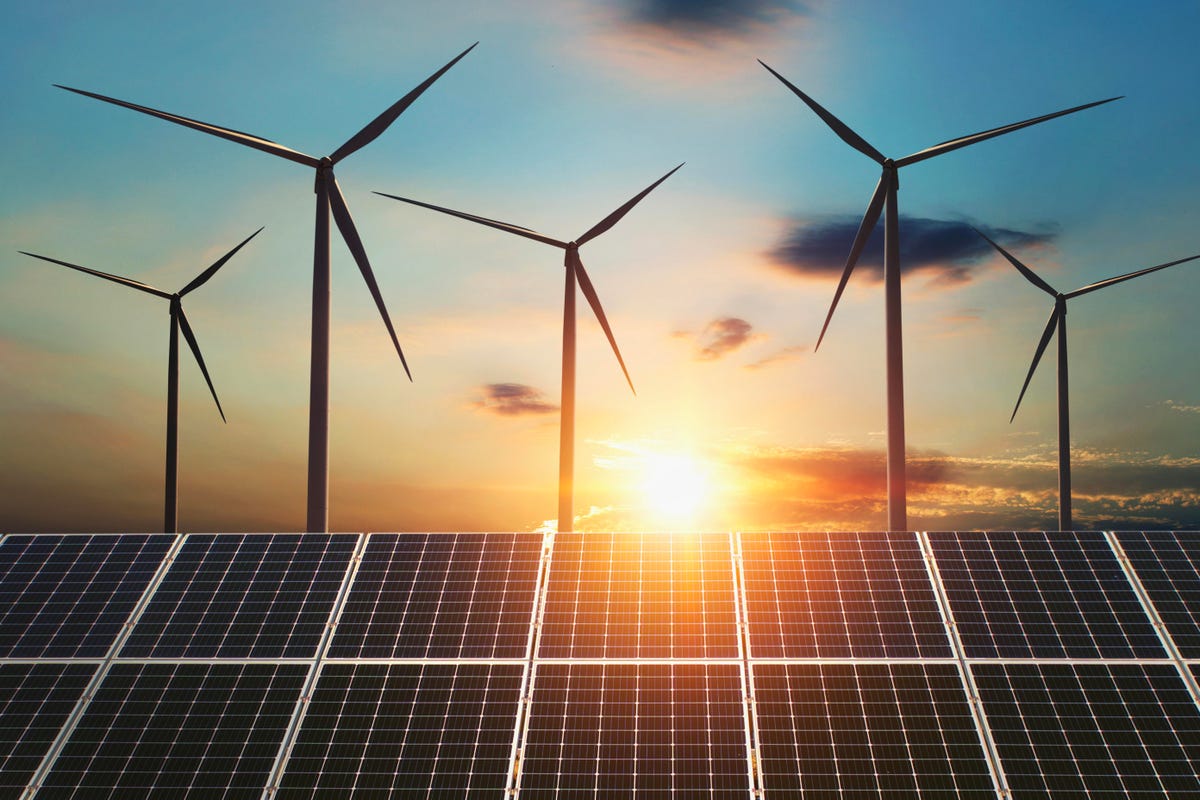We became unwittingly experts in renewable energy, giving our opinion on the subject like true specialists in the field. We find ourselves comparing the benefits of the solar system to the UPS battery system, debating the pros and cons of each option.
Why did it come to this?
In a world that has begun since the 90s its shift towards renewable energies, I could not help but wonder why a country like Lebanon, blessed with wind and water, did not make the shift earlier. The first thing that comes to mind is the cost of the necessary infrastructure for the development of renewable energy projects, but is it the only reason?
In order to dig deeper, I conducted a study to see how the world was doing in 2019 in terms of renewable energy consumption as a percentage of total energy consumption.
There are several countries around the world who run almost exclusively on renewable energy, such as Iceland and Norway who generate all of their electricity using renewable energy resources.
Looking closer at the world heat map, we notice that there is still room for improvement, especially in the Arab World, that witnessed rapid social and economical development over the past four decades which was followed by an increase in energy consumption.
Indeed, hydrocarbon-rich Arab countries still lag behind in terms of renewable energy production and consumption (lowest share of renewable energy as a portion of total energy consumption), while the rest of the world has been pushing ahead with renewable energies.
When we compare the Arab World to the United States and France, we notice that the Arab countries’ fossil fuels consumption is still high especially when compared to France who lowered it from approximately 80% of total energy consumptions in the 1980s to almost 46%.
As such, the Arab world’s renewable energy consumption is still low (at ~4% of total energy consumption).
Many of these countries have the necessary budget for having the proper infrastructure in place. So what could be the reason behind the Arab World’s delay in shifting to a greener economy?
The sharp drop in renewable energy consumption in the past twenty years in the Arab World, could be explained by the Arab governments’ subsidies on fossil fuels leading to such energy inefficiencies. One should not forget that the growth of electricity production in the region led to significant environmental challenges as most its electricity is generated through fossil fuels. In 2019, more than 30% of all electricity generated in the MENA region was produced using heating oil.
Having large subsidies from Governments only delays the shift to a greener energy consumption and production, thus the need to start lowering gradually these subsidies and introducing new incentives for renewable energy consumption in the Arab World.
Surprisingly, Lebanon was until 2019 outperforming other Arab countries, such as Iraq, Qatar and Jordan in terms of renewable energy consumption.
With fuel subsidies currently being lifted in Lebanon, are we going to shift faster than the rest of the Arab World to a greener economy

0 Comments